<!DOCTYPE html>
<html lang="en">
<head>
<meta charset="UTF-8">
<meta name="viewport" content="width=device-width, initial-scale=1.0">
<title>Implementing the Zero-Waste Campaign</title>
</head>
<body>
<h1>Implementing the Zero-Waste Campaign: The Translation of the "Lightweight Action" Campaign</h1>
<h2>Introduction to the Campaign</h2>
<p>
The "Lightweight Action" campaign, also known as the "Zero-Waste Campaign," is an initiative aimed at promoting sustainable eating habits and reducing food waste. This campaign encourages individuals and communities to adopt a more mindful approach to food consumption, focusing on reducing the amount of food that goes to waste. The translation of this campaign into different languages is crucial for its global reach and effectiveness. In this article, we will delve into the translation process and the significance of implementing the "Lightweight Action" campaign.
</p>
<h2>The Significance of the Campaign</h2>
<p>
The "Lightweight Action" campaign holds great importance due to the global issue of food waste. According to the Food and Agriculture Organization of the United Nations (FAO), approximately one-third of all food produced globally is wasted. This equates to roughly 1.3 billion tons of food per year, with significant environmental, economic, and social impacts. By implementing the campaign, we can raise awareness about the issue, inspire change, and contribute to a more sustainable future.
</p>
<p>
The campaign's translation into various languages ensures that its message is accessible to a wider audience, including those who may not be fluent in English. This is particularly important in countries where food waste is a significant problem and where cultural practices may contribute to the issue. By addressing these cultural nuances, the campaign can be more effective in promoting change.
</p>
<h2>Challenges in Translating the Campaign</h2>
<p>
Translating the "Lightweight Action" campaign is not without its challenges. The campaign's message is multifaceted, encompassing not only the reduction of food waste but also the promotion of sustainable practices and mindful eating. Ensuring that these concepts are accurately and culturally appropriate translated requires careful consideration and collaboration with native speakers and cultural experts.
</p>
<p>
Additionally, the campaign's slogan, "Lightweight Action," carries a specific connotation that may not be easily translated into other languages. The word "lightweight" implies both the ease of the action and the importance of minimalism. Finding a suitable translation that captures this essence can be difficult, as different languages may not have a direct equivalent.
</p>
<h2>Strategies for Effective Translation</h2>
<p>
To overcome the challenges of translating the "Lightweight Action" campaign, several strategies can be employed:
</p>
<ul>
<li>
<p>Collaboration with Local Experts: Working with individuals who are native speakers and have a deep understanding of the target culture can help ensure that the translation is both accurate and culturally relevant.</p>
</li>
<li>
<p>Use of Cultural Equivalents: Instead of finding a direct translation, using cultural equivalents that convey the same message and values can be more effective.</p>
</li>
<li>
<p>Engagement with Local Communities: Involving local communities in the translation process can provide valuable insights into how the campaign can resonate with them.</p>
</li>
<li>
<p>Continuous Feedback and Iteration: After the initial translation, collecting feedback from the target audience and making adjustments based on their responses is essential for the campaign's success.</p>
</li>
</ul>
<h2>Implementation of the Campaign</h2>
<p>
Once the campaign has been translated, the next step is to implement it effectively. This involves several key actions:
</p>
<ul>
<li>
<p>Education and Awareness: Conducting workshops, seminars, and educational campaigns to inform the public about the importance of reducing food waste.</p>
</li>
<li>
<p>Community Involvement: Encouraging communities to participate in initiatives such as food donation programs, composting, and community gardens.</p>
</li>
<li>
<p>Policy Advocacy: Advocating for policies that support sustainable food systems and reduce food waste at a governmental level.</p>
</li>
<li>
<p>Collaboration with Businesses: Partnering with restaurants, supermarkets, and other food service providers to implement waste reduction strategies.</p>
</li>
</ul>
<h2>Conclusion</转载请注明来自澳大利亚农业和园艺学院,本文标题:《落实光盘行动翻译,怎样落实光盘行动我能做什么 》
百度分享代码,如果开启HTTPS请参考李洋个人博客

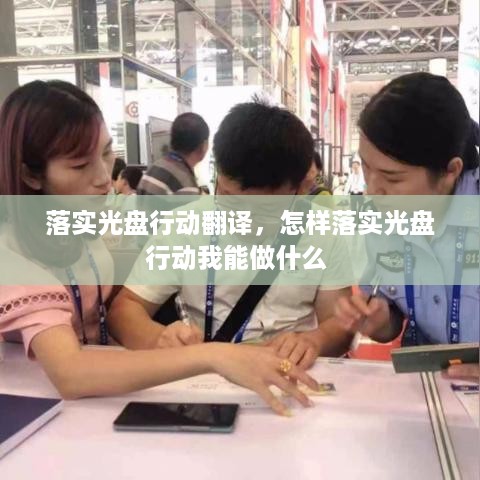
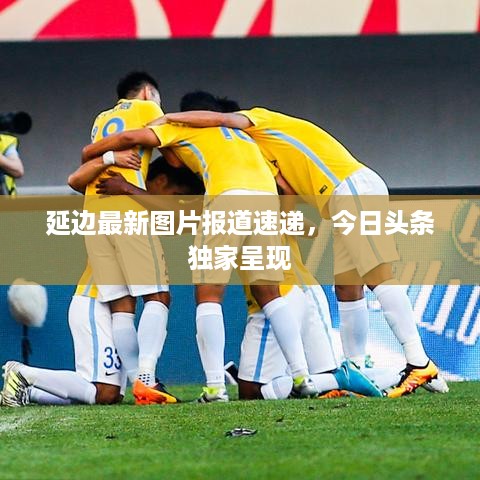
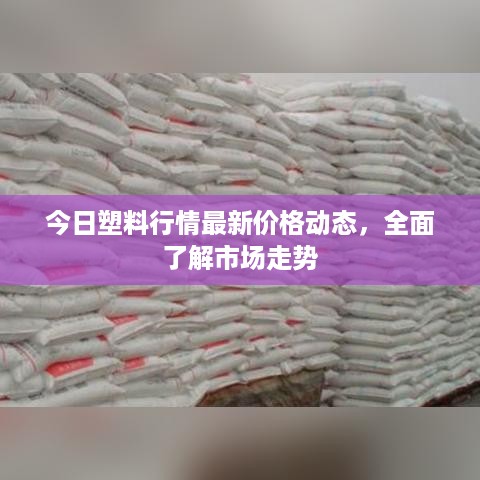
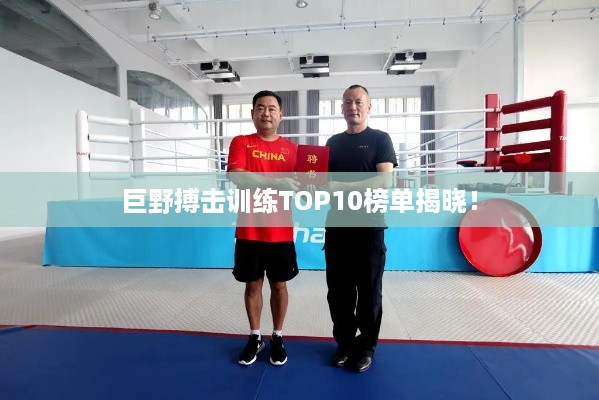
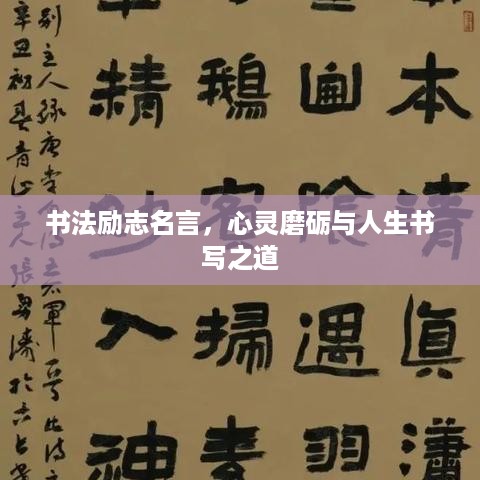

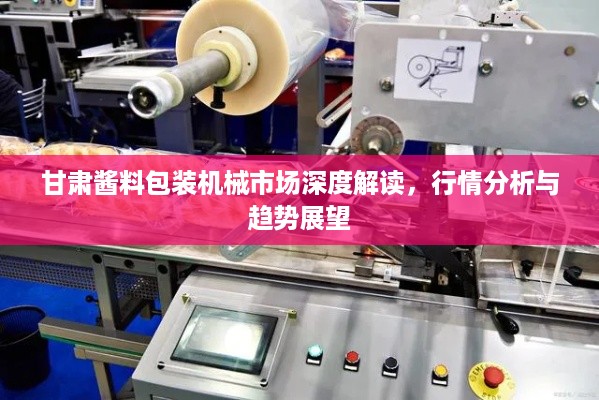
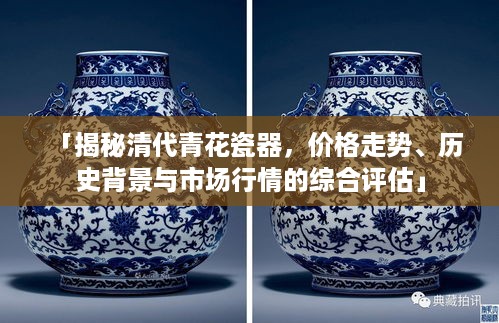

 蜀ICP备2022005971号-1
蜀ICP备2022005971号-1
还没有评论,来说两句吧...